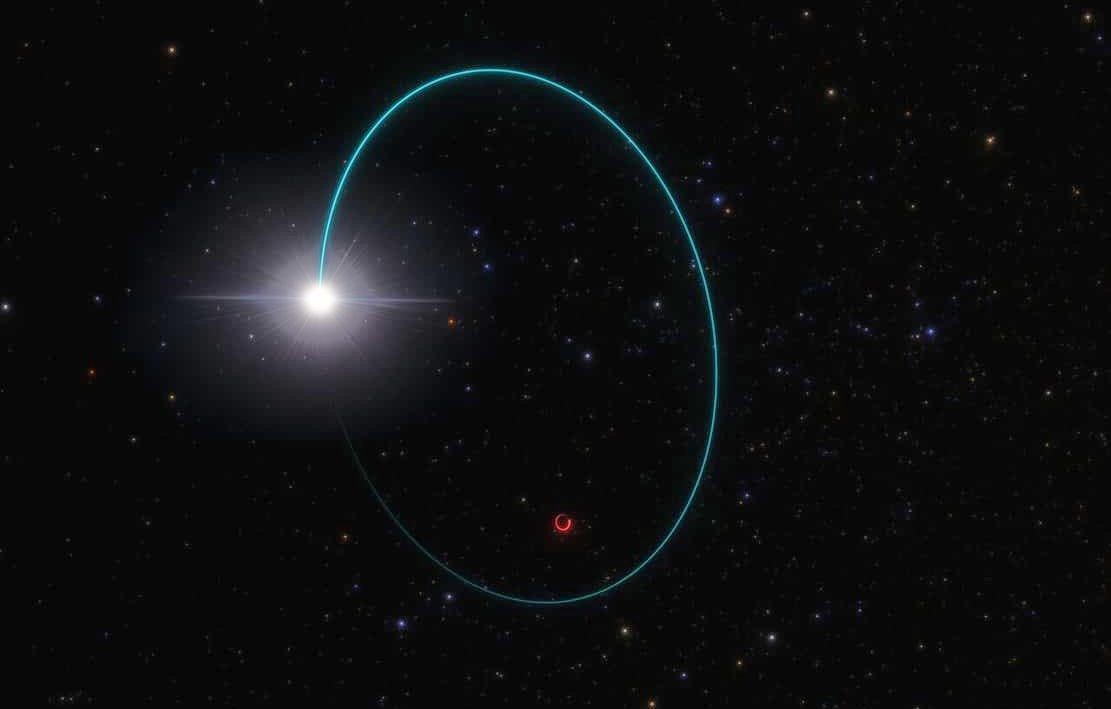Neil deGrasse Tyson Explains The Three-Body Problem
What is the three-body problem? Neil deGrasse Tyson and comedian Chuck Nice explain why the three-body problem is unsolvable and what makes it mathematically chaotic.
Are There Thousands of Alien Empires in The Milky Way?
Are there thousands of Alien Empires in the Milky Way? What if space exploration is always difficult, no matter how advanced you are?
Huge Stellar Black Hole in the Milky Way discovered
A huge stellar black hole just 2,000 light-years away in the constellation Aquila, 33 times as massive as the Sun, was discovered.
Japan to build NASA a Lunar Rover
Japan will design, develop, and operate a pressurized Lunar rover for NASA, for crewed and uncrewed exploration on the Moon.
Maserati GranCabrio Folgore EV
The Maserati GranCabrio Folgore EV was announced during Folgore Day, marking the company's shift towards electric vehicles.
How to Built an Invisible Katana
This is how to build an invisible Katana (it's indestructible).
Would a Submarine Work as a Spaceship?
Would a submarine work as a spaceship? How long could a modern submarine last in orbit?
Inside Micron Taiwan’s Semiconductor Factory
Take a look inside Micron's Semiconductor Factory one of the factories that make Taiwan the most significant site of semiconductor production in the world.
Next-Generation Solar Sail System
NASA’s Advanced Composite Solar Sail System seeks to advance future space travel and expand our understanding of our Sun and Solar System.
‘Lunar Horizons’ Moon mission game
Lunar Horizons is available now in Fortnite an immersive adventure on the Moon during a futuristic international mission.



















